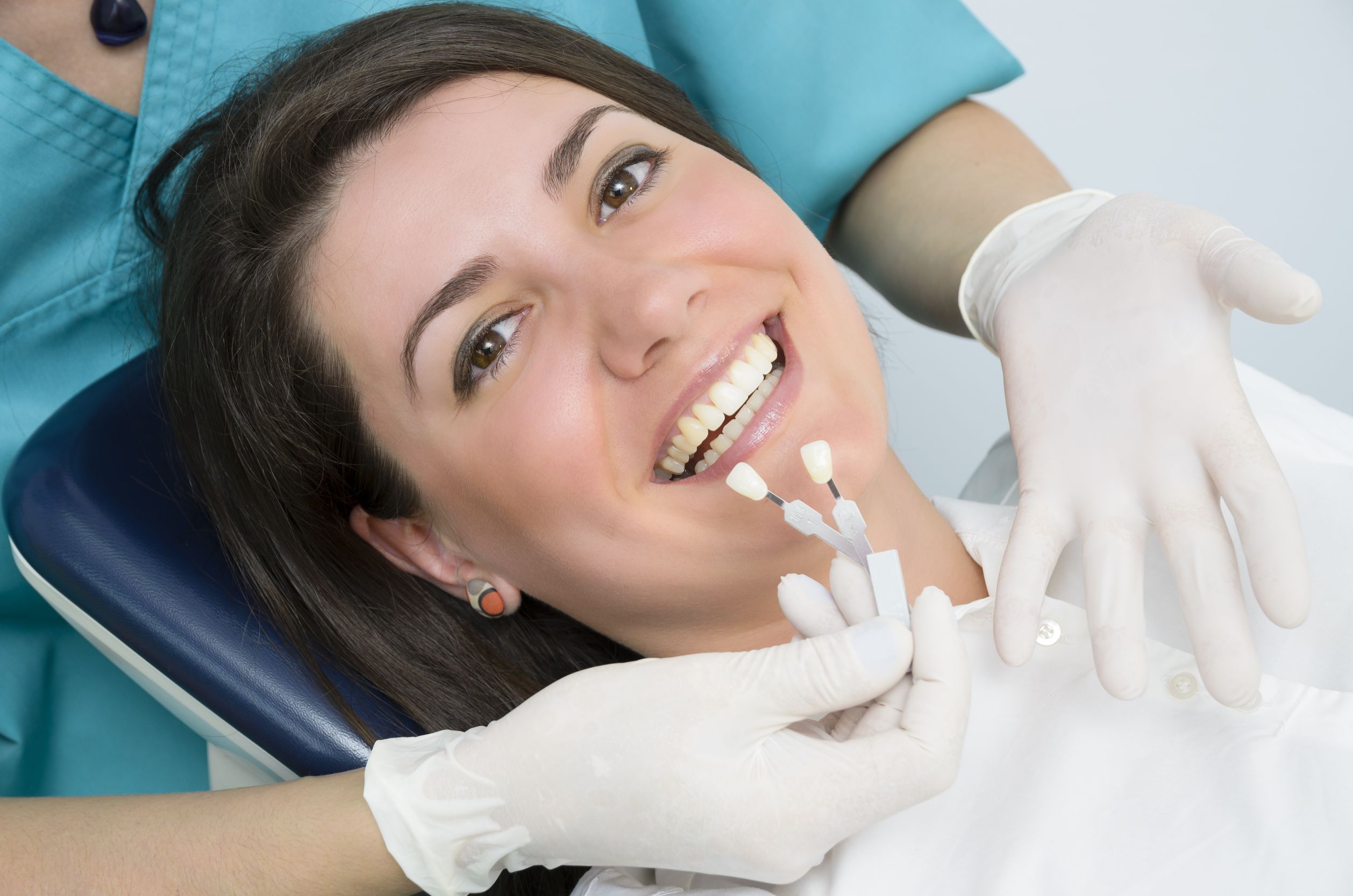Tooth loss occurs for different reasons. Approximately one in ten people lose adult teeth at some point, of which six of them are due to loss of tissues that support the teeth. The other four teeth are lost do to deep cavities, root fractures of the dental crown and nerve problems. With regard to tooth loss from periodontitis (inflammation of the gum), its distribution is not uniform, and there is a small population with the highest risk of developing the disease. These differences are also observed when periodontal treatment is performed to stop the disease. It is demonstrated that your local Family Dentist in Attleboro MA can control the disease and prevent tooth loss in a high percentage of patients. However, in 25% of cases with increased risk, it costs more to stop the disease, resulting in the loss of some teeth over the years. 15% of these patients lose between 3 and 7 teeth while the remaining 10% lose even more.
The logical question is: Who will undergo this kind of tooth loss and why? The studies that answer this question focus on the so-called “periodontal prognosis”. Its basic objective is to identify the factors upon which the poor outcome is determined. General factors that depend on the person (bad habits like brushing teeth or smoking) and local factors may be dependent upon the loss of the gum and bone that holds the tooth, number of roots, etc.
To set the periodontal prognosis and respond to how the patient will respond and what teeth could be lost in the future, the mind of the Family Dentist in Attleboro MA should mentally shuffle all these local and general factors with a specific weight each and with possible interactions between some of these factors. The results of research in periodontal prognosis, so far, allow dentists to establish some conclusions. The first: The attempt to establish an accurate periodontal prognosis is not an easy thing. The second conclusion: In most cases dentists are right when predicting when a tooth can be saved, but if he or she states that a tooth is lost, then they only succeed in about half of the cases. Contact Alpha Dental Center to learn more.



